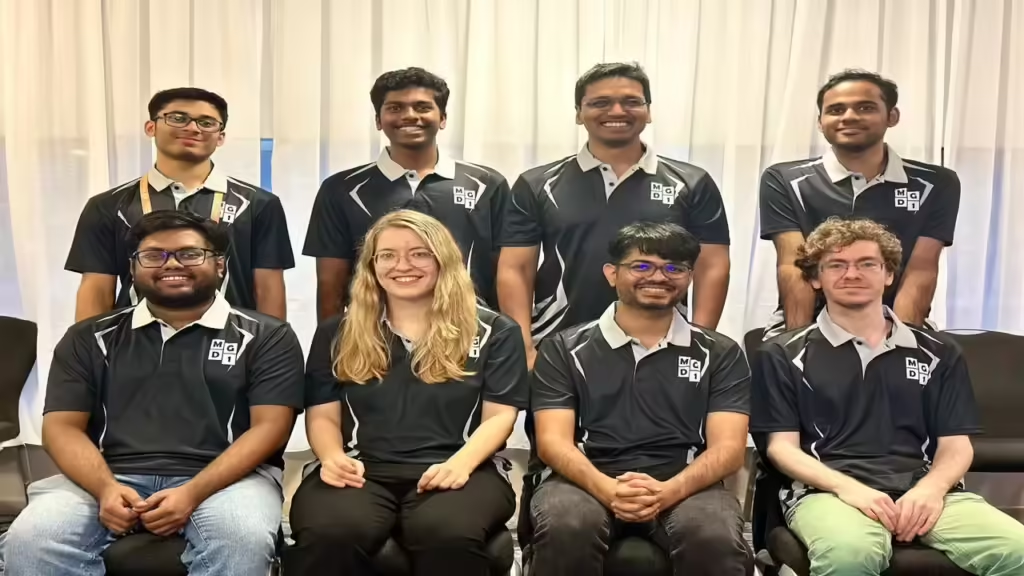In a moment that will be remembered in Indian chess history, Team MGD1, captained by Grandmaster Arjun Erigaisi, emerged victorious at the 2025 FIDE World Rapid Team Championship, becoming the first Indian team to claim the coveted title.
Held in London, the tournament featured some of the world’s strongest chess teams. But it was MGD1—a squad seeded sixth—that stunned the chess elite by winning 10 out of 12 rounds, finishing with 21 match points, edging out the formidable HexaMind Team, which finished second with 20 points.
“This is more than a win. It’s a statement,” said Srinath Narayanan, a Grandmaster and the team’s non-playing captain, who helped assemble the team and guide their strategy. “We came in as underdogs, and now we’ve made history.”
A Team of Stars and Strategy
Team MGD1’s roster was a blend of India’s rising talent and experienced global players. In addition to Erigaisi and Narayanan, the team featured Indian Grandmasters Pentala Harikrishna, Leon Luke Mendonca, and prodigy V Pranav, who scored an astonishing 7.5/8—one of the highest individual performances of the event.
They were joined by Atharvaa Tayade, Spanish Grandmaster David Anton Guijarro, and Greek International Master Stavroula Tsolakidou, each contributing valuable wins throughout the grueling three-day contest.
The final rounds showcased MGD1’s resilience and tactical depth. Despite intense competition, they secured back-to-back wins in the closing matches to secure their lead.
A Triumph of Vision and Belief
India has long been a rising force in international chess, with individual stars like Viswanathan Anand and R Praggnanandhaa making headlines in recent years. But this victory marks a new era: the rise of Indian team-based dominance in global chess formats.
For Erigaisi, the title represents more than a trophy. “It’s about proving what Indian chess players can achieve when given the right platform, support, and freedom to play aggressively,” he said after the final round.
The team’s cohesion, strategy, and adaptability drew praise from FIDE officials and competitors alike. MGD1’s performance was marked not only by tactical excellence but by sportsmanship and unity—qualities often undervalued in team chess competitions.
A Turning Point for Indian Chess
India’s chess infrastructure has seen dramatic improvements over the past decade, with increasing private sponsorship, grassroots training programs, and state-backed academies. MGD1’s triumph may now accelerate further investments in team formats, rapid and blitz coaching, and international exposure for young players.
As the rain fell outside the London venue, the mood inside was jubilant. “We didn’t just win a tournament,” said Narayanan. “We opened a door.”


